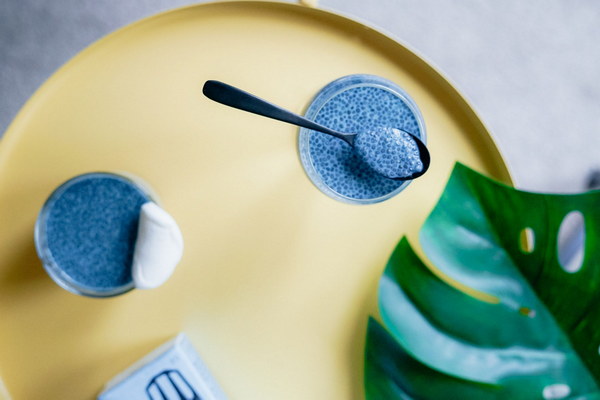Springtime Insomnia Nurturing the Liver for Restful Sleep
As the vibrant colors of spring burst forth, so does the energy within us. However, for some, this time of renewal can bring about a new challenge: springtime insomnia. The changing seasons can disrupt our sleep patterns, making it difficult to find rest. But fear not! By focusing on nurturing your liver, you can combat springtime insomnia and enjoy a peaceful night's sleep. Here's how:
1. Embrace a Liver-Friendly Diet

The liver is responsible for filtering toxins from the body. To support its healthy function, incorporate the following liver-friendly foods into your diet:
- Greens: Dark leafy greens like spinach, kale, and Swiss chard are rich in chlorophyll, which helps to cleanse the liver. These greens also contain vitamins and minerals that support overall health.
- Artichokes: Artichokes stimulate bile production, which is essential for liver function. They can be enjoyed steamed, sautéed, or raw in a salad.
- Beets: Beets are high in betalains, which help to reduce inflammation and detoxify the liver. Try roasting them or adding them to a smoothie.
- Citrus Fruits: Oranges, grapefruits, and lemons are rich in vitamin C, which supports liver function. Enjoy these fruits fresh or in a glass of warm water with a squeeze of lemon in the morning.
- Garlic and Onions: These flavorful foods contain sulfur compounds that help to detoxify the liver. Add them to your meals for a healthy boost.
2. Manage Stress
Stress can exacerbate springtime insomnia by disrupting your sleep cycle. To manage stress and promote better sleep, try the following techniques:
- Meditation: Meditation can help calm your mind and reduce anxiety. Spend a few minutes each day focusing on your breath and letting go of thoughts.
- Yoga: Yoga combines physical movement, breathing, and meditation, making it a powerful tool for stress relief. Consider practicing gentle yoga poses in the comfort of your home or joining a class.
- Aromatherapy: Scents like lavender, chamomile, and sandalwood can help to relax your mind and body. Use essential oils in a diffuser or apply them topically for a soothing effect.
3. Regular Exercise
Exercise can help regulate your sleep patterns and reduce stress. Aim for at least 30 minutes of moderate-intensity exercise most days of the week. Activities such as walking, cycling, or swimming are great options.
4. Create a Sleep-Inducing Environment
Your bedroom should be a sanctuary for sleep. To create a sleep-inducing environment, consider the following tips:
- Keep it Cool and Dark: A cool, dark room is conducive to sleep. Use blackout curtains, a sleep mask, or a fan to keep the room at a comfortable temperature.
- Limit Exposure to Electronic Devices: The blue light emitted by screens can interfere with your sleep. Try to avoid using your phone, computer, or television an hour before bedtime.
- Establish a Bedtime Routine: A consistent bedtime routine can signal to your body that it's time to wind down. This could include activities such as reading, taking a warm bath, or practicing relaxation techniques.
5. Herbal Remedies
Certain herbs can help to support liver function and promote better sleep. Consult with a healthcare professional before trying any herbal remedies, as they may interact with other medications or health conditions. Some common options include:
- Milk Thistle: This herb is known for its liver-protecting properties and can help to support liver function.
- Dandelion Root: Dandelion root is another herb that can help to support liver function and may improve sleep quality.
- Valerian Root: Valerian root is a well-known herb for promoting relaxation and improving sleep.
By focusing on nurturing your liver and adopting these healthy habits, you can combat springtime insomnia and enjoy a restful night's sleep. Remember, taking care of your body and mind is crucial for overall health and well-being.









